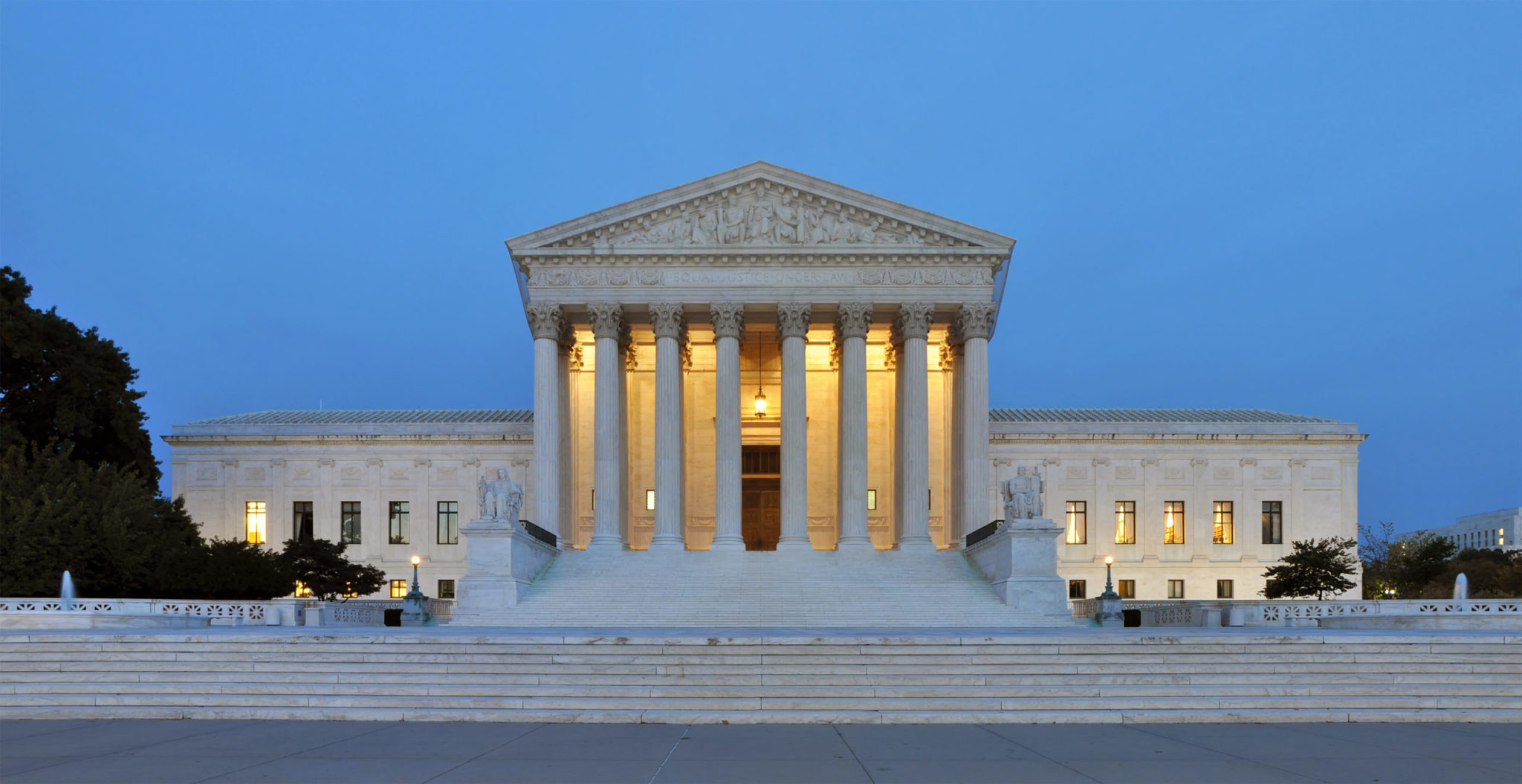Yale law professors weigh in on Supreme Court reform
The Presidential Commission on the Supreme Court of the United States — to which 17 Yale affiliates were named — released its final report in December. Amidst discussion of nominations and reforms, three Yale law professors reflect on the commission and consider reform.

Wikimedia Commons
The Presidential Commission on the Supreme Court of the United States, co-chaired by law professor Cristina Rodriguez, released its final report assessing various reform measures in December. Now, as there is an open seat to fill and the court considers high-profile cases on abortion and affirmative action, the composition of the court has gained significant attention.
The bipartisan commission — composed of legal scholars holding various perspectives on reform, including 17 Yale affiliates — released its report following the 180-day period outlined in the executive order which created the commission last April. President Joe Biden had promised to establish this commission, following the confirmation of Justice Amy Coney Barrett to the court, which garnered widespread national attention. Legal experts from the Yale Law School acknowledged the dynamic political situation in Washington, D.C., which complicates the plausibility of various reform efforts.
“Given how contested and polarizing these issues are, there is obvious value to convening a group of nationally known experts from across the political spectrum to subject the various proposals to rigorous analysis,” Linda Greenhouse, clinical lecturer at the Yale Law School and longtime New York Times Supreme Court reporter, wrote to the News.
The commission released a nearly 300-page document divided into five sections, addressing the history of reform, membership and size of the court, term limits, the court’s role in the constitutional system and the Supreme Court’s procedures and practices. The final report remains neutral on each issue, presenting various arguments for and against reforms under these categories supplemented by historical perspective.
According to the report, the commission’s members faced some disagreement on numerous issues, which led to a deliberate neutrality in the report and a more technical appraising of the “merits and legality” of major reform arguments.
“It’s clear that Joe Biden’s promise to set up the commission was a punt to avoid confronting a divisive issue for Democrats at a crucial moment, just days before the presidential election,” law professor Samuel Moyn wrote to the News. “And in the aftermath of the commission report, Stephen Breyer’s recently announced retirement helped Biden, by changing the subject of national conversation for a long while to the ritual of judicial succession.”
The bipartisan composition of the commission and its deliberate neutrality has led many, including Moyn, to consider this move by Biden an attempt to buy time, allowing him to avoid acting on matters of Supreme Court reform while still acknowledging the issues.
Others, including Greenhouse and visiting law lecturer Charles Rothfeld, consider this decision to be more pragmatic; with so many pressing issues to consider early in his presidency, the establishment of this commission allowed Biden to compile useful information concerning Supreme Court reform while not expending much political capital, they said.
Regardless of Biden’s willingness to engage in Supreme Court reform, the legal experts pointed out that there are seemingly insurmountable congressional barriers to enacting this reform in the current political climate.
“Any reform that is really meaningful is going to require congressional action, a change to the statutes that govern the court, how many people are on the court or how long they serve on the Court, and so long as the filibuster is in place, that is impossible,” Rothfeld said.
Of the reform ideas considered by the commission, those with more general support include term limitations, the establishment of an advisory ethics code and improved transparency measures by the court.
While these reforms will most likely be unable to gain much traction in the near future, Greenhouse still acknowledged the value of the commission.
“Given the intense partisanship in the Senate, I wouldn’t expect action on any of these,” Greenhouse said. “But that’s not to say that the commission project had no value. The report is a serious and very comprehensive one that will be a resource in future years when the political climate may be different.”
The Yale Law School is located on 127 Wall St.







